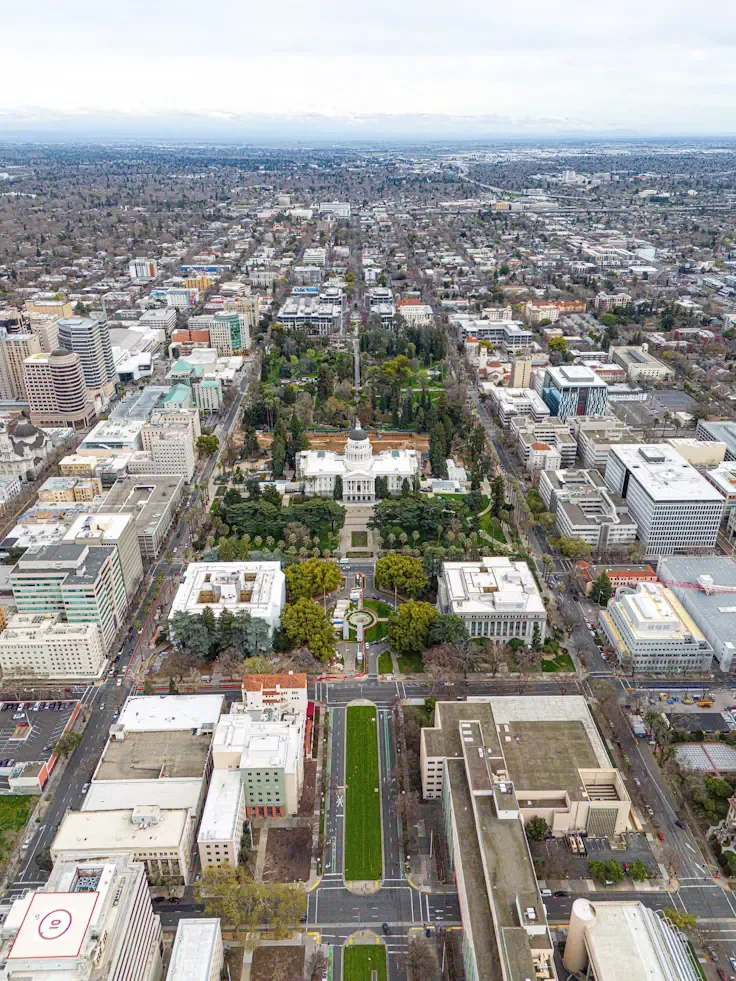Fort Worth
Fort Worth, Texas, is a vibrant city known for its rich history, cultural diversity, and a strong sense of community. As one of the largest cities in the United States, Fort Worth has a population exceeding 900,000 residents. This dynamic city is not only a key player in the Texas economy but also serves as an important cultural hub in the region.
City Government Structure
The city of Fort Worth operates under a council-manager form of government. This structure combines an elected city council with a professional city manager who is responsible for the day-to-day operations of the city. The Fort Worth City Council consists of a mayor and eight council members, each representing specific districts within the city.
City Council Meetings
City Council meetings are held regularly, providing a platform for elected officials to discuss policies, city projects, and community issues. These meetings are open to the public, allowing residents to engage with their government and voice concerns or support on various topics affecting their neighborhoods.
Key Responsibilities of the City Council
- Legislation: The council is responsible for passing laws and ordinances that govern city operations.
- Budget Approval: The city council reviews and approves the city budget, ensuring funds are allocated appropriately to various departments and services.
- Community Engagement: The council encourages community participation through public hearings and forums, allowing citizens to express their views on important issues.
- Policy Development: City council members work to develop and implement policies that address the needs and priorities of Fort Worth residents.
City Services and Departments
Fort Worth offers a wide range of services to its residents through various departments, including:
- Public Safety: The Fort Worth Police Department and Fire Department work to ensure the safety and security of the community.
- Parks and Recreation: This department manages public parks, recreational facilities, and community programs, fostering a healthy lifestyle for residents.
- Public Works: Responsible for maintaining city infrastructure, including roads, bridges, and public buildings.
- Planning and Development: This department oversees zoning, land use, and urban planning initiatives to promote sustainable growth.
Civic Engagement Opportunities
Fort Worth encourages civic engagement among its residents through various programs and initiatives. Opportunities for citizens to get involved include:
- Neighborhood Associations: Residents can join local associations to connect with neighbors and advocate for community issues.
- Volunteer Programs: The city offers numerous volunteer opportunities in areas such as community service, parks, and events.
- Public Meetings: Regularly scheduled public meetings, including city council sessions, allow residents to participate in local governance.
- Advisory Boards: Citizens can serve on various boards and commissions that advise the city council on specific issues.
Cultural and Historical Significance
Fort Worth is often referred to as “Where the West Begins,” reflecting its deep roots in cowboy culture and the American West. The city is home to several historical landmarks and cultural institutions, such as:
- The Fort Worth Stockyards: A historic district that showcases the city’s cattle ranching heritage, featuring cattle drives, rodeos, and western-themed shops.
- The Kimbell Art Museum: Renowned for its collection of classical and modern art, the museum is a centerpiece of Fort Worth’s cultural scene.
- The Modern Art Museum of Fort Worth: This museum exhibits contemporary artworks and is known for its stunning architecture.
- Fort Worth Botanical Garden: A beautiful natural space that hosts an array of plant collections, providing a serene environment for residents and visitors.
Conclusion
Fort Worth is a city that blends history, culture, and community engagement. With an active city council and various opportunities for civic participation, residents are encouraged to take an active role in shaping the future of their city. By attending city council meetings and engaging in local issues, Fort Worth citizens can help ensure their community continues to thrive.






